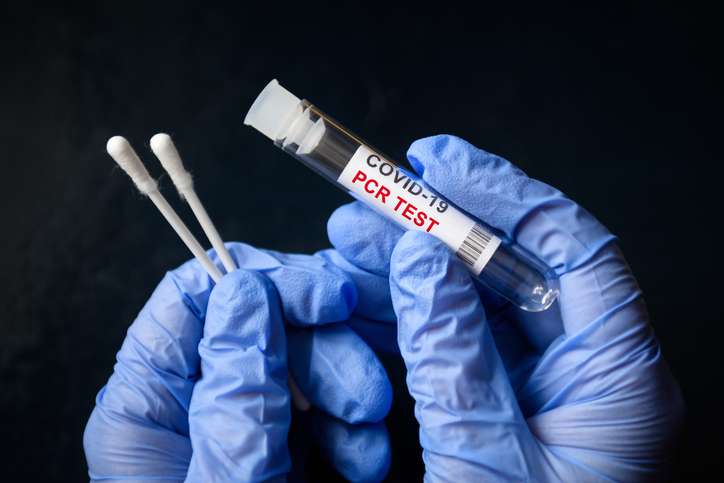Traveling this summer? Test for Covid BA.2

As the country finally makes its way through the Omnicron variant it seems the trend of new and emerging variants continues with the arrival of the BA.2 variant.
Today recently described the variant as the subvariant was responsible for an estimated 55% of COVID-19 cases in the country as of March 26, up from 39% the week before. In certain areas of the country, especially the Northeast, BA.2 accounts for more than half of the COVID-19 cases in the region.
“The variant has been in the United States for about the past two months and it has been slowly increasing in proportion compared to BA.1,” Dr. Rochelle Walensky, director of the CDC, said in a press briefing last week.
“There’s no evidence the BA.2 variant results in more severe disease, nor does it appear to be more likely to evade our immune protection,” she said. “However, it does have increased transmission in comparison to the related BA.1 omicron variant that circulated in the U.S. this past winter.”
Going on to say BA.2 is actually a subvariant of the omicron strain. “The original omicron is dramatically different than anything else before it, so we’re not talking about the shift between delta and omicron,” Dirk Dittmer, professor in the department of microbiology and immunology at the University of North Carolina School of Medicine, told TODAY.
“I think what we’re seeing here is a drift where some of the mutations that the original omicron had are gone and others have been added,” he said.
Those mutations could be worrisome if they turn out to affect any of three key areas: disease transmission, severity of disease and the variant’s ability to evade immunity, Dr. Albert Ko, Raj and Indra Nooyi Professor of Public Health at the Yale School of Public Health, told TODAY. Early evidence suggests that BA.2 is more transmissible than BA.1, he said.
But Ko noted that this is “evolving information,” and experts are still learning about what the new variant might mean for us.
“The variant was first identified in South Africa, in Denmark, and then in the United Kingdom,” Ko said. Now, BA.2 has been detected in multiple states, NBC News reported, including New York, California, Texas, Wisconsin and others. And experts say it’s likely to spread widely in the country.
Planning a summer getaway? The best way to test for Covid BA.2
With BA.2’s high infection rate, similar to Omnicron, testing is more important now than ever before in an effort to reduce the spread.
PCR tests have been proven to be the most accurate of all tests. Often, if you test directly with the lab, same-day or 24-hour results are available. Due to the high volume of testing, some labs are experiencing delays in results. It’s wise to check with your testing location prior to testing for their test turnaround times to ensure your results will be returned to you in time for your trip.
For those looking for something with faster results than the traditional PCR test, the Rapid COVID-19 RT-PCR Test is a great option. This test can be completed in minutes.
Rapid antigen tests are becoming increasingly more common. In some areas, rapid antigen tests may be deemed acceptable for travel. While these tests are widely available for home use, for the rapid antigen tests to be used for travel purposes, the tests MUST be performed (or proctored) by a CLIA-certified laboratory.
There is often confusion surrounding the difference between PCR and Antigen tests. The Cleveland Clinic provides the following description, including clear time frames and uses for the two tests:
Polymerase chain reaction (PCR): This tests for the presence of the virus’ genetic material as it breaks down. PCR is the most reliable and accurate test for detecting active infection but can take hours to perform. There are a few quicker options, however.
Antigen test: Antigens are bits of proteins on the virus’s surface. These molecules can trigger an immune response when coming into contact with a recognizable virus. Antigen tests typically take only 15 to 30 minutes. However, rapid antigen tests are most accurate when used within a few days after you notice symptoms when the most significant amount of the virus is present in your body.
If you return from your vacation and have symptoms, get tested. The CDC recommends that fully vaccinated people test for COVID 3-5 days following known exposure to someone with suspected or confirmed COVID-19. If you have any questions, concerns, or need testing, we can help. Contact My Labs Direct at 877-355-7978 or visit MyLabsDirect to learn more.

